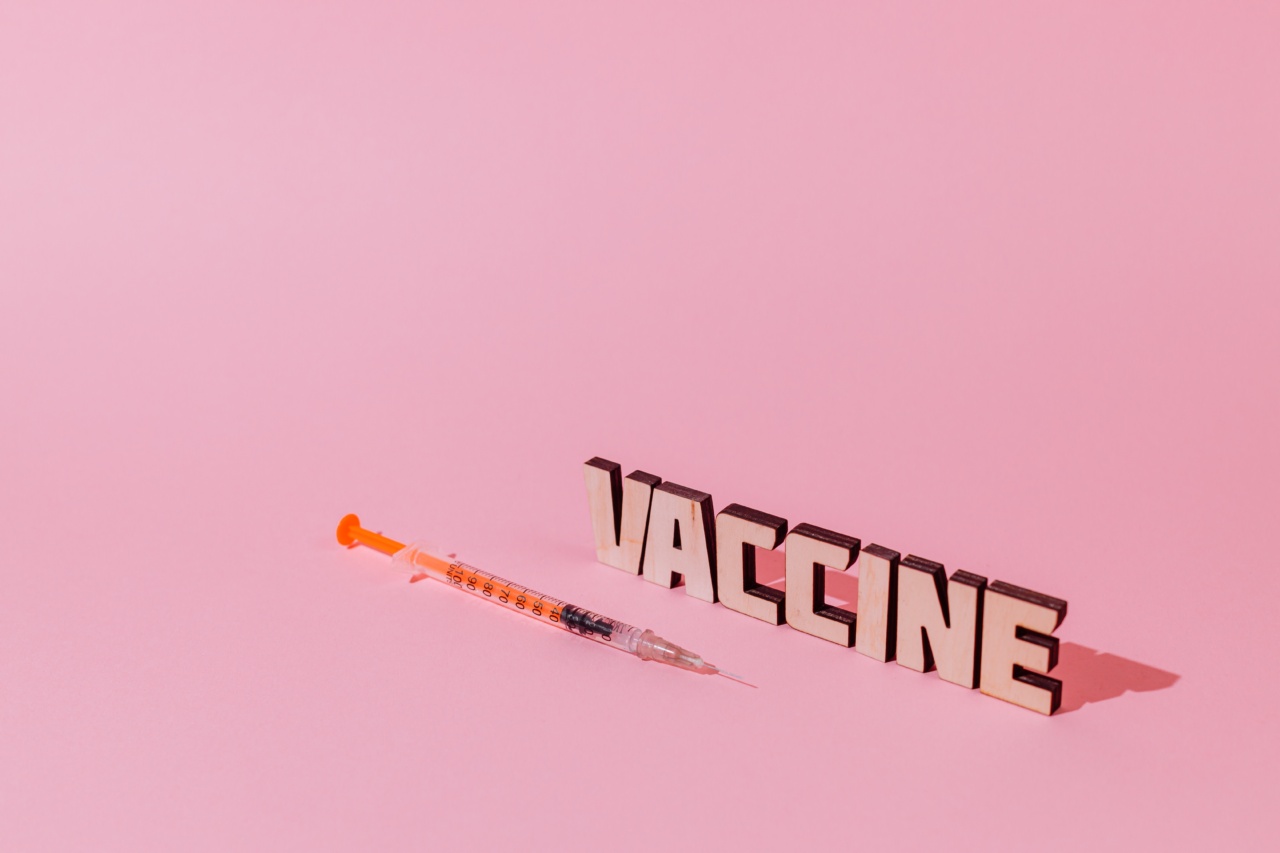Hypoglycemia is a condition in which your blood sugar level drops below the normal range. This often happens in people with diabetes, who take insulin or other medications to control their blood sugar levels.
However, non-diabetic people can also experience hypoglycemia due to other reasons. The symptoms of hypoglycemia include shakiness, dizziness, sweating, confusion, irritability, and weakness.
Types of Hypoglycemia
There are two main types of hypoglycemia:.
Reactive Hypoglycemia
Reactive Hypoglycemia is a condition in which your blood sugar level drops significantly after eating a meal. This type of hypoglycemia usually occurs within a few hours after a meal, especially a meal rich in carbohydrates.
The symptoms of reactive hypoglycemia include shakiness, confusion, irritability, and hunger.
Fasting Hypoglycemia
Fasting Hypoglycemia is a condition in which your blood sugar level drops dangerously low after an extended period of time without food.
This type of hypoglycemia is often caused by an underlying medical condition, such as liver disease, kidney failure, or an insulin-producing tumor. People with type 1 diabetes also experience fasting hypoglycemia if they miss a meal or do not take enough insulin.
Prevention Techniques for Hypoglycemia
Here are some techniques to prevent hypoglycemia:.
Monitor Your Blood Sugar Level
If you have diabetes, it is important to check your blood sugar level frequently, especially before and after meals, and before going to bed.
This will help you identify if your blood sugar level is too high or too low, and you can take appropriate action to prevent hypoglycemia.
Eat Regularly
Eating regular meals and snacks at the same time every day can help prevent hypoglycemia. Be sure to include complex carbohydrates (such as whole grains, fruits, and vegetables) and lean proteins in your meals.
Avoid sugary foods and processed carbohydrates, which can cause a rapid drop in blood sugar level.
Talk to Your Doctor About Your Medications
If you take medications to control your blood sugar level, talk to your doctor about the dose and the timing. Your doctor may need to adjust your medications to prevent hypoglycemia.
Exercise Regularly
Regular exercise can help lower your blood sugar level and improve your overall health. However, if you have diabetes, it is important to check your blood sugar level before and after exercise, and adjust your medications and food intake accordingly.
Avoid Alcohol
Alcohol can interfere with your liver’s ability to produce glucose, which can lead to hypoglycemia. If you drink alcohol, do so in moderation, and always eat a meal or snack containing carbohydrates before drinking.
Carry Glucose Tablets or Candies
If you are at risk for hypoglycemia, always carry glucose tablets or candies with you. These can help raise your blood sugar level quickly. Be sure to check the expiration date regularly and replace them as needed.
Wear a Medical Alert Bracelet
If you have a history of hypoglycemia, wear a medical alert bracelet or necklace that indicates your condition. This can be helpful in case of an emergency, and can help medical professionals provide the appropriate treatment.
Get Enough Sleep
Lack of sleep can affect your body’s ability to regulate blood sugar level. Be sure to get enough sleep every night to prevent hypoglycemia.
Manage Stress
Stress can also affect your blood sugar level. Take steps to manage stress, such as practicing relaxation techniques, getting enough exercise, and engaging in hobbies or activities you enjoy.
Conclusion
Hypoglycemia is a serious condition that can have long-term health effects if left untreated. If you have diabetes or any other medical condition that puts you at risk for hypoglycemia, it is important to take steps to prevent it.
Follow these tips to keep your blood sugar level stable, and talk to your doctor if you have any concerns.































